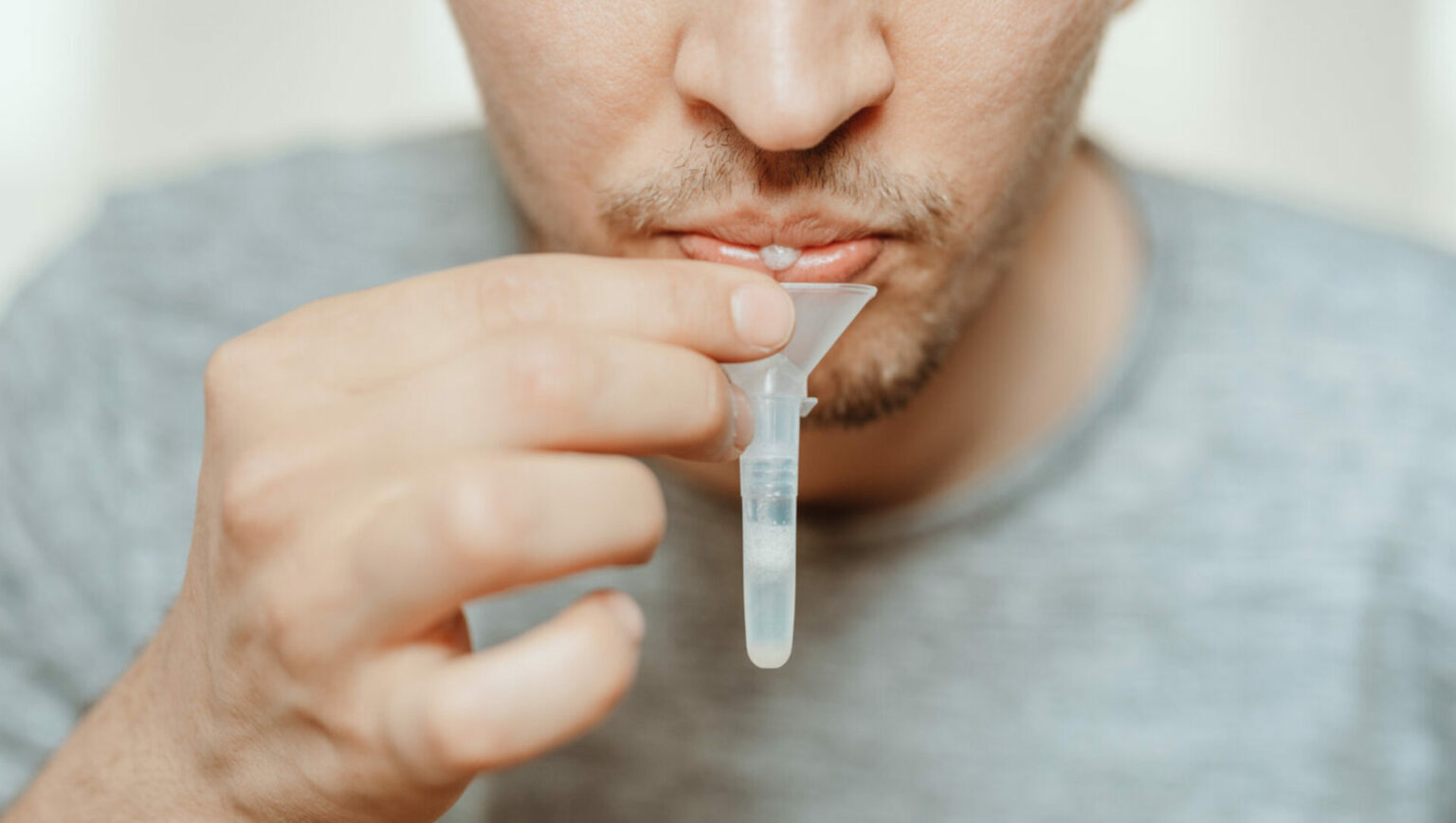Detection of oral and throat cancer is no more an outdoor procedure as the US Food and Drug Administration (FDA) has recently approved an in-home saliva test for detecting these cancers.
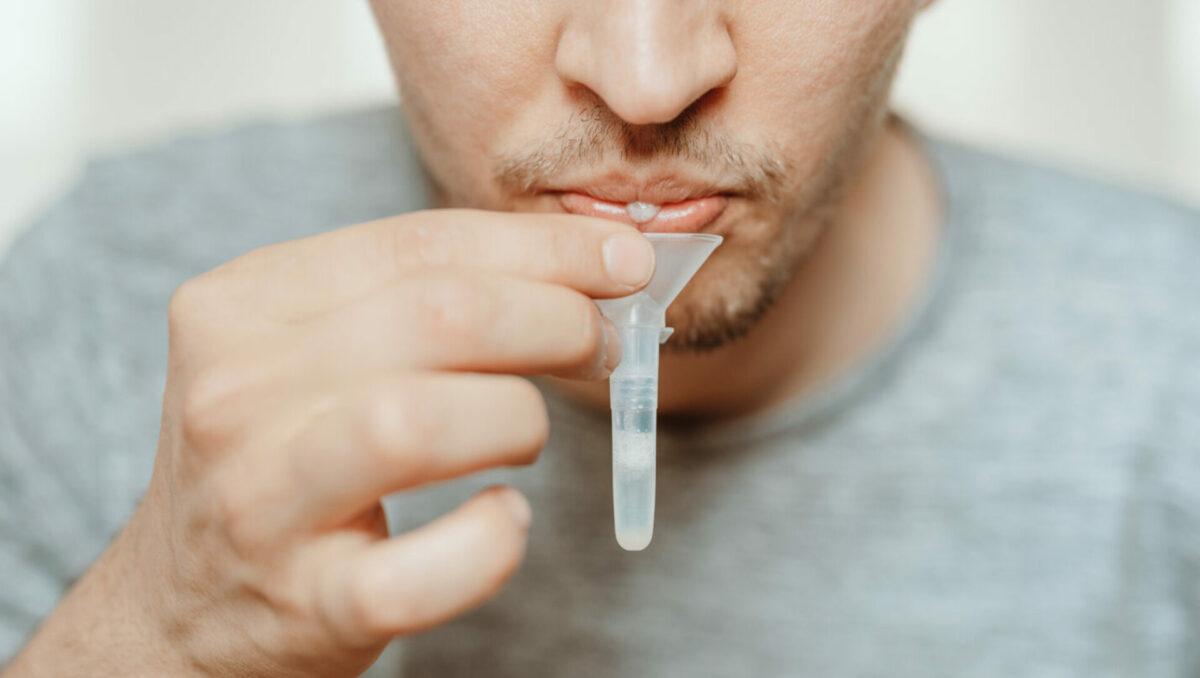
Obstacles in Oral and Throat Cancer Detection
The National Cancer Institute predicts that 54,000 new instances of oral cancer and 20,640 new cases of esophageal cancer will be diagnosed in the United States this year.
Oral and esophageal cancers had five-year survival rates of 68 and 20.6 percent, respectively, but when discovered early, those rates can rise to more than 86 and 47 percent.
Suffering from mouth sores is common, and the vast majority of these lesions are not malignant. An oral exam cannot distinguish between malignant and non-cancerous sores. Moreover, no such evidence is available that supports frequent oral cancer screenings can lower the number of fatalities caused by mouth cancer. However, screening for oral cancer may aid in the early detection of malignancies, when a cure is more feasible.
The Reality in Numbers
Current screening approaches rely on visual and tactile inspections performed by a healthcare practitioner, which means lesions must become large enough to be noticed with the naked eye. Only 28% of patients are diagnosed early, and those who are diagnosed late risk a protracted struggle with oral cancer.
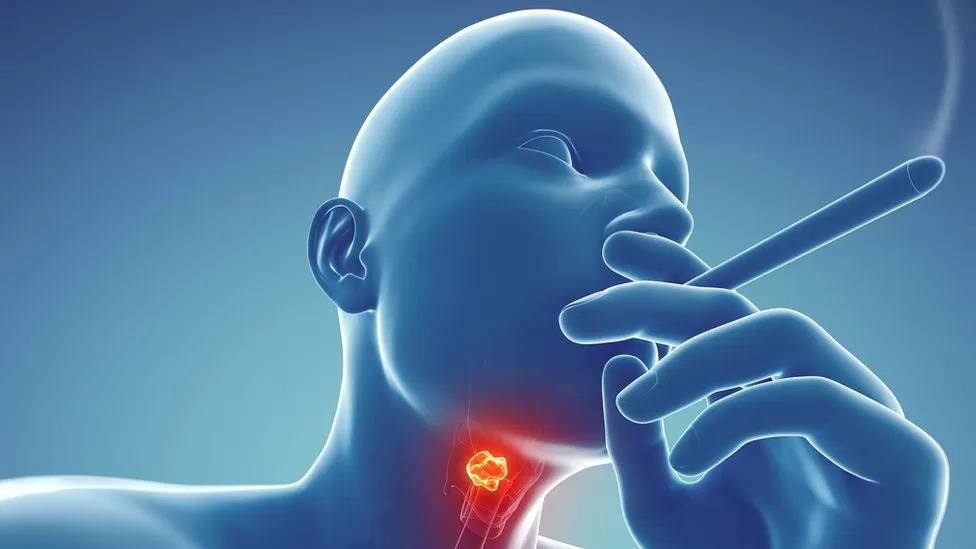
In reality, because of a lack of good diagnostic methods, many oral and throat cancers frequently go misdiagnosed until they are advanced, resulting in very low survival rates. According to Naveen Jain, Founder and CEO of Viome Life Sciences, despite remarkable advancements in the medical field, oral and throat cancers continue to be life-threatening illnesses with few possibilities for early identification.
Research at Viome Life Sciences
Viome Life Sciences recently developed CancerDetectTM, which provides unparalleled accuracy in early cancer diagnosis and prevention as the only oral and throat cancer test with excellent performance with 95% specificity and 90% sensitivity (currently available in the market).
An earlier research revealed that patients with oral or throat cancers host a different oral bacteria flora than that in cancer-free individuals. Based on this, researchers at the biotechnology company Viome began studying changes to the microbiome – the collection of all natural microbes, such as bacteria, fungi, viruses, and their genes living inside us – to create a more accurate diagnostic tool for cancer patients.
To build a machine-learning model, the researchers gathered genetic data from 945 samples, 80 of which were from patients with oral cancer and 12 from those with throat cancer.
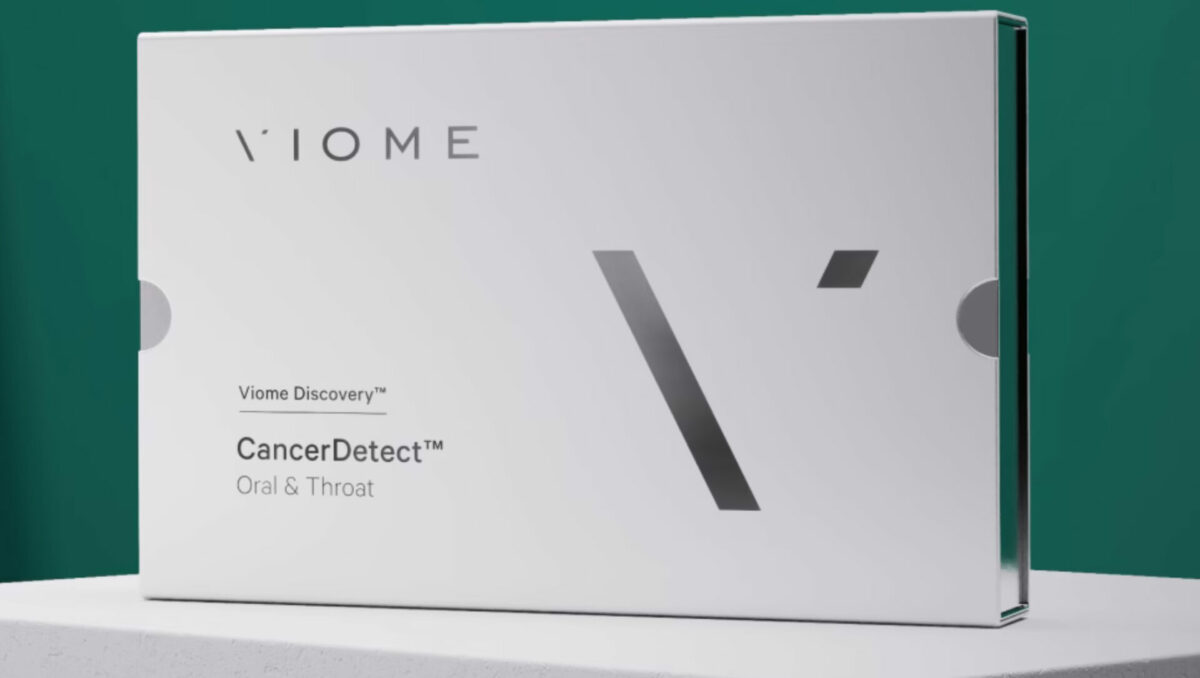
The model developed by Viome detected 88 specific alterations in gene expression in individuals with oral and throat cancer and genetic traits unique to the bacteria present in their samples. This model was then applied to the remaining 230 samples, 82 of which were from patients with cancer.
The model could detect 90% of cancer samples and 95% of non-cancer samples, indicating reasonably low rates of false negatives or false positives.
Viome developed this model into CancerDetect, an in-home saliva test, which can provide 95% specificity and 90% sensitivity and is currently available for purchase in the United States.
How to buy the Saliva test
Guruduth Bavanar, head of discovery, AI & Engineering at Viome clarified the process of buying the test. Before ordering the test, a telehealth provider reviews the information provided by the customer. If the test results are positive, licensed healthcare practitioners will contact the consumer, and the customer can also contact a Viome telehealth partner with any queries they may have regarding the test.
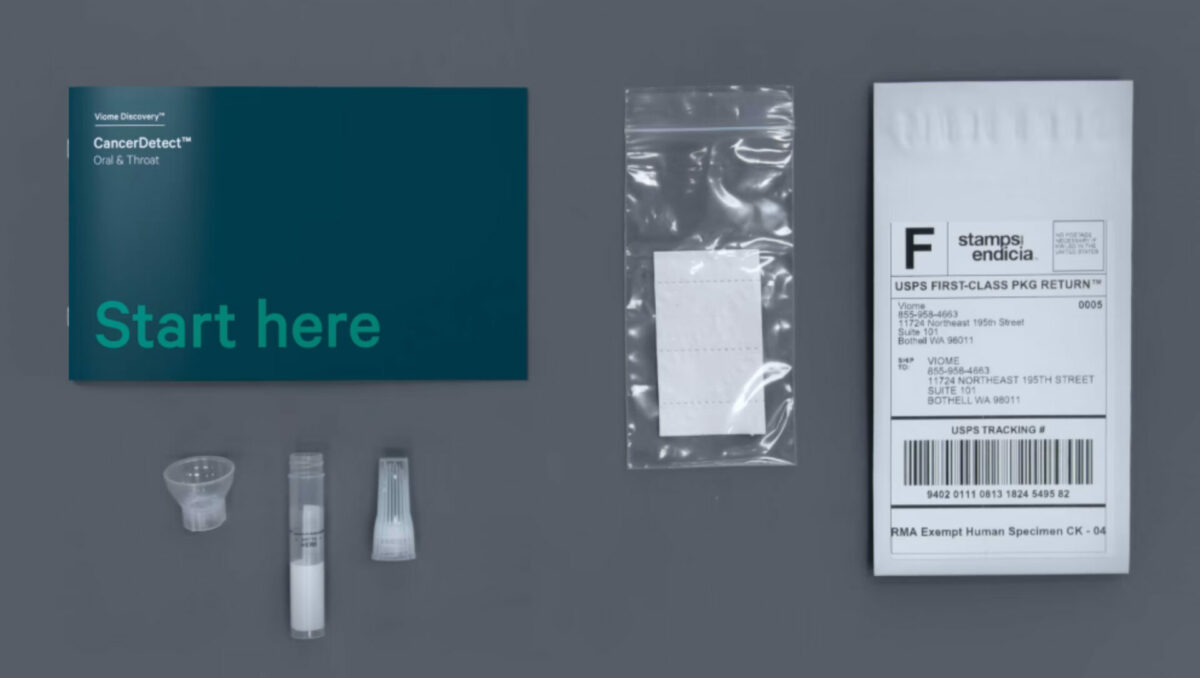
He also adds that the company till keep on seeking FDA approval as that would enable health insurance coverage of the test by health insurance providers.
After the release of CancerDetect for Oral and Throat Cancer, Viome intends to follow it up quickly with detection tools for other fatal chronic diseases and various types of cancers.







